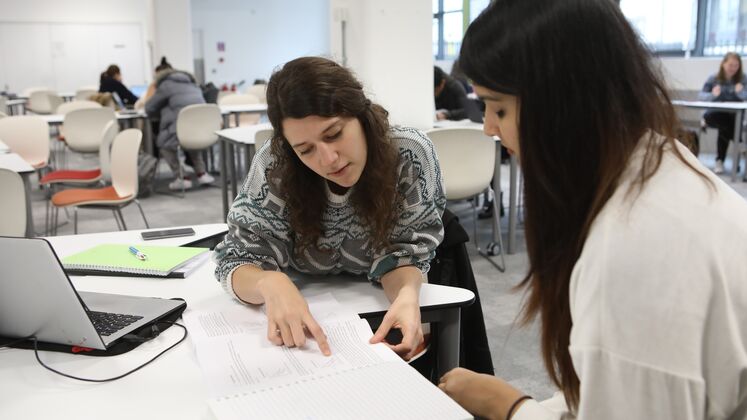With the end of term looming, exams are approaching. This period can be stressful and exhausting, especially for students who might be taking their first LSE exams. However, there is no reason why anything should go wrong. We have plenty of time to prepare and LSE provides many resources to make this period less troublesome. Still, I have some tips that might help you to prepare and feel less stressed.
Work on past exams
The best way to arrive prepared for the exam is to know what to expect. Lecturers and teachers should tell you about the format of the exam and whether this format has changed compared to the past years. If it hasn’t, you can train yourself on past exams. Past exams from 1994 to last year, for all courses, can be found on the LSE library website. After revising lectures and classes, you can try to apply the concepts you’ve learnt either in exercises or to answer essay questions. This will help you make sure that the course content doesn’t remain abstract knowledge which you won’t be able to put to good use in an exam setting. Moreover, it is always reassuring to know that you have trained on similar questions and that you probably won’t have a big surprise on exam day.
After revising lectures and classes, you can try to apply the concepts you’ve learnt either in exercises or to answer essay questions.
Don’t skip anything
It can be tempting to assume some topics will not be part of the exam. Yet, this kind of gamble often proves detrimental and there always seems to be a question about something you haven’t revised. Even when the format of the exam enables you to choose between a range of questions, you might end up not liking or not understanding the questions you thought you were fully prepared for and be compelled to choose another one. So, unless the lecturer has made it clear that some parts of the course content aren’t assessable, don’t give any topic a miss. A way to avoid having to skip some topics is to start revising well in advance. You’ll spare yourself a good deal of stress!
Make a revision planning
Having a revision planning will ensure that you have time to go through all that you need to cover. It will also motivate you to study on days when you’d rather be doing something else. To-do lists are your best friends, as long as they are realistic. Endless lists will only discourage you and make you even more stressed.
Make recap cards
Some students never make recap cards and still do very well at uni. Yet many other people find it very useful. Recap cards help you summarise and organise your knowledge. What’s more, depending on your type of memory, it can really be helpful to write/draw and visualise what you’ve learnt on cards. In short, you shouldn’t see it as a waste of time because the very process of making recap cards is part of revising.
Having a revision planning will ensure that you have time to go through all that you need to cover…To-do lists are your best friends, as long as they are realistic.
Sleep well
This advice, although quite cliché, is probably the most important one. Your brain needs to rest to take in all the information that you’re feeding it. In addition, sleep deprivation exacerbates feelings and emotions such as anxiety. Of course, sleep is only one part of a healthy lifestyle. Ideally, it should be complemented by a healthy and diverse diet. In addition, you should hydrate your brain a lot to avoid those annoying headaches. Water is really your best friend during revision and exam periods. On the other hand, it might be good to reduce your consumption of caffeine. It can worsen your anxiety and harm the quality (and quantity) of your sleep.
Know yourself
To conclude, I would like to emphasize that there is no miracle, one-size-fits-all recipe to pass exams and you shouldn’t try at all costs to reproduce the revision routine that you found on TikTok. Everyone has their own chronotype and memory type and what works for your friends might not work for you. Some people study best in the morning, others in the evening; some need to read their lessons out loud, others need to visualise things.
Although I think that the six tips mentioned above can apply to everyone, you should try different things to find the revision routine that is the most useful for you — and stick to it once you’ve found it!.




